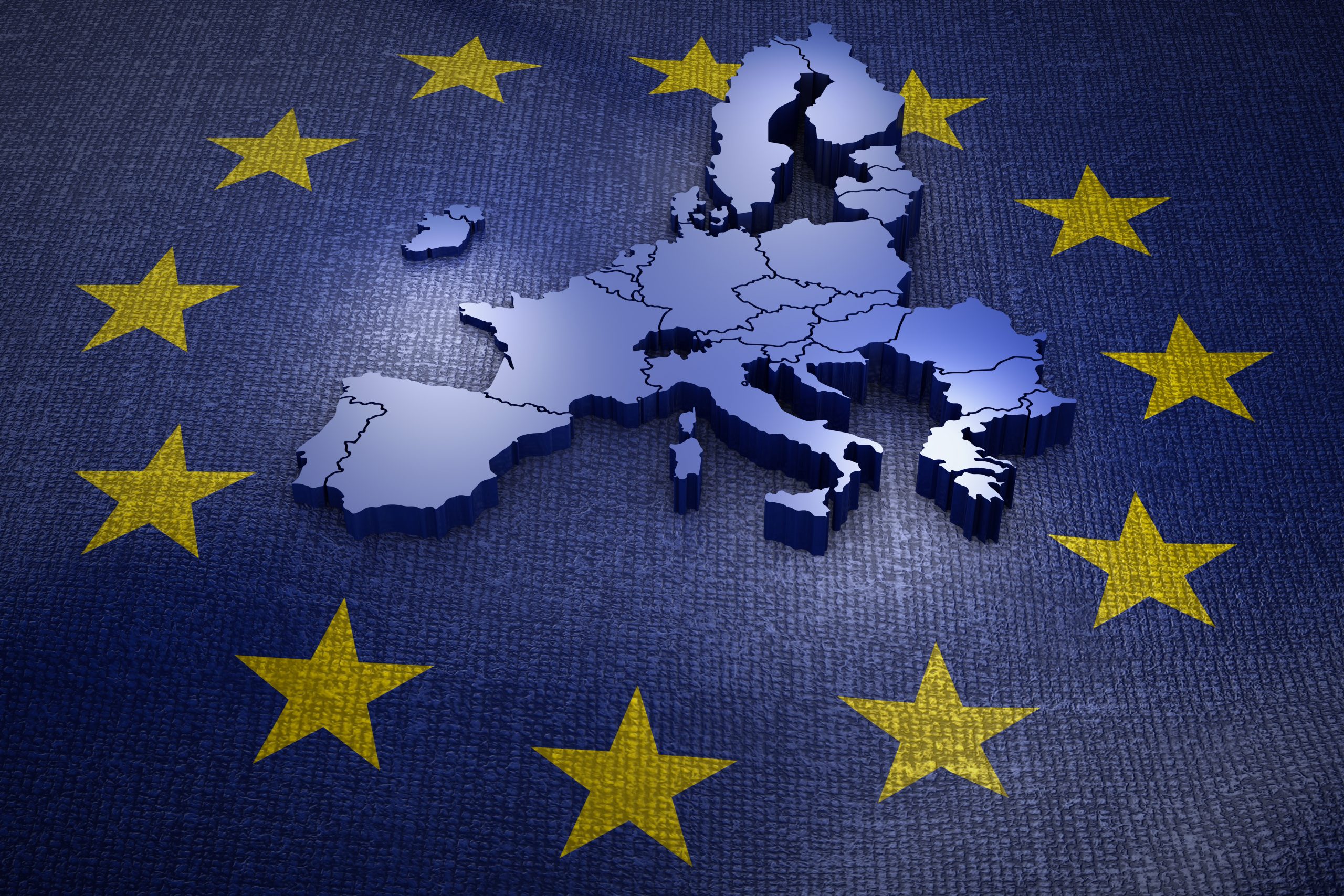Health Union: stronger EU response to public health emergencies

- First Health Union package based on lessons learned from COVID-19 pandemic finalised
- EU to be better prepared and able to coordinate its response to health crises
- Clearer rules for joint procurement of medicines and medical devices
Parliament approved new measures strengthening the EU’s capacity to prevent and control the outbreak of communicable diseases and tackle cross-border health threats.
MEPs endorsed the deal reached with the Council on extending the mandate of the European Centre for Disease Prevention and Control (ECDC) with 542 votes in favour, 43 against and 9 abstentions. The new legislation aims to strengthen the EU’s capacity to prevent, prepare for and manage communicable diseases outbreaks.
The ECDC will cooperate with the European Commission, national authorities, EU bodies and international organisations to ensure their respective activities are consistent and complement each other. To generate timely and comparable data, the Centre will coordinate the standardisation of data collection procedures, data validation, analysis and dissemination of data at EU level.
In addition, the ECDC will closely monitor the capacity of national health systems to detect, prevent, respond to and recover from communicable disease outbreaks, identify gaps and provide science-based recommendations.
Prevention, preparedness and response planning
Parliament also adopted, with 544 votes in favour, 50 against and 10 abstentions, the agreement on a series of measures that will allow the EU to better anticipate and respond to serious cross-border health threats.
The new rules include improved prevention, preparedness and response planning at EU and national levels. The Commission will be able to formally recognise a public health emergency at EU level, which would trigger stronger intra-EU cooperation and allow for the timely development and stockpiling of medical countermeasures.
The legislation also clarifies the procedures for jointly procuring medicines and medical devices, including the possibility to limit parallel procurement and negotiation activities by participating countries, in the case of products purchased jointly at EU level.
Quotes
Rapporteur Joanna Kopcińska (ECR, PL) said: “The ECDC will provide recommendations to strengthen the capacity of health systems and will play a role in the development of health indicators that will help manage, and respond to, transmissible disease threats and related public health issues. The Centre will be better equipped to provide robust and independent scientific expertise and support actions to prevent, prepare for and respond to cross-border threats to health.”
Rapporteur Véronique Trillet-Lenoir (Renew, FR) said: “This legislation clearly responds to the 74% of European citizens who want greater European involvement in crisis management. The European Health Union is being built step by step. We will continue this project in the context of discussions on a future convention on the revision of the European treaties.”
Next steps
Following the final votes in plenary, the texts will now have to be formally endorsed by Council, too, before being published in the EU Official Journal shortly after.
Background
As part of building a European Health Union, the Commission proposed a new health security framework on 11 November 2020, based on the experience of dealing with COVID-19. The package includes three pieces of legislation: a stronger role for the European Medicines Agency, extending the mandate of the European Centre for Disease Prevention and Control and a proposal for a regulation on serious cross-border threats to health.
